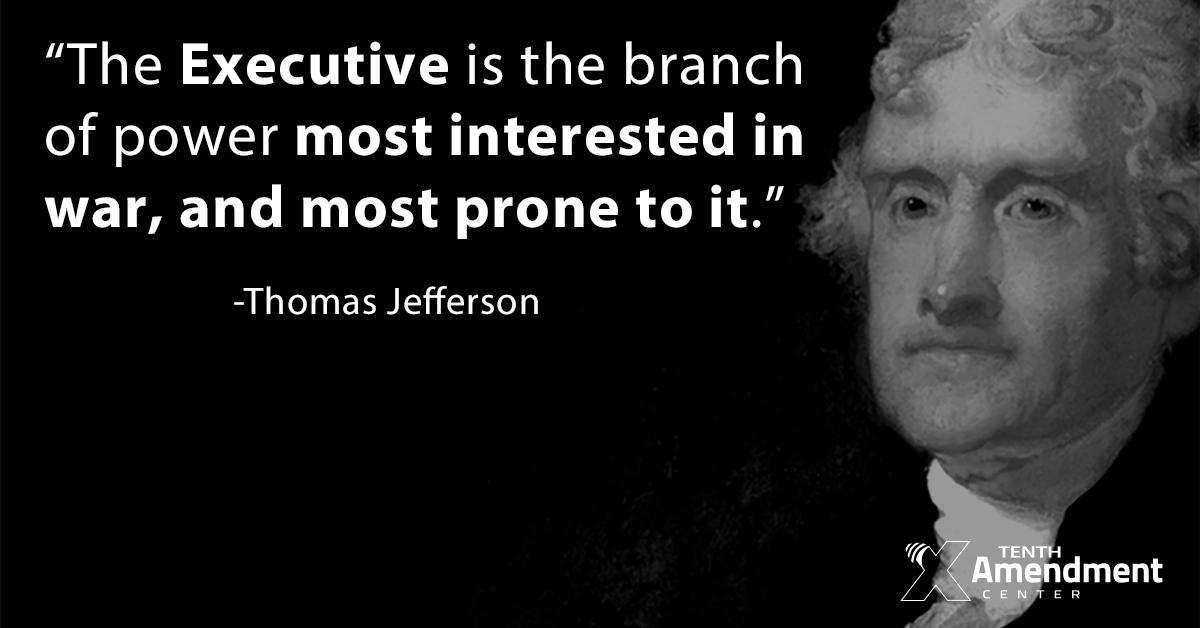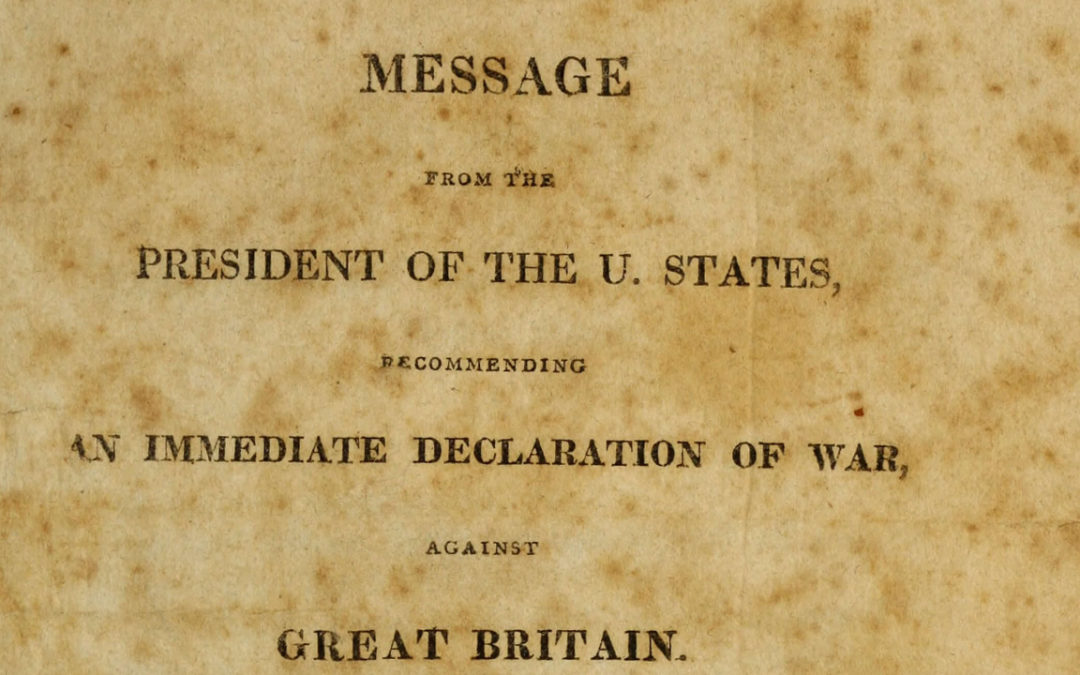

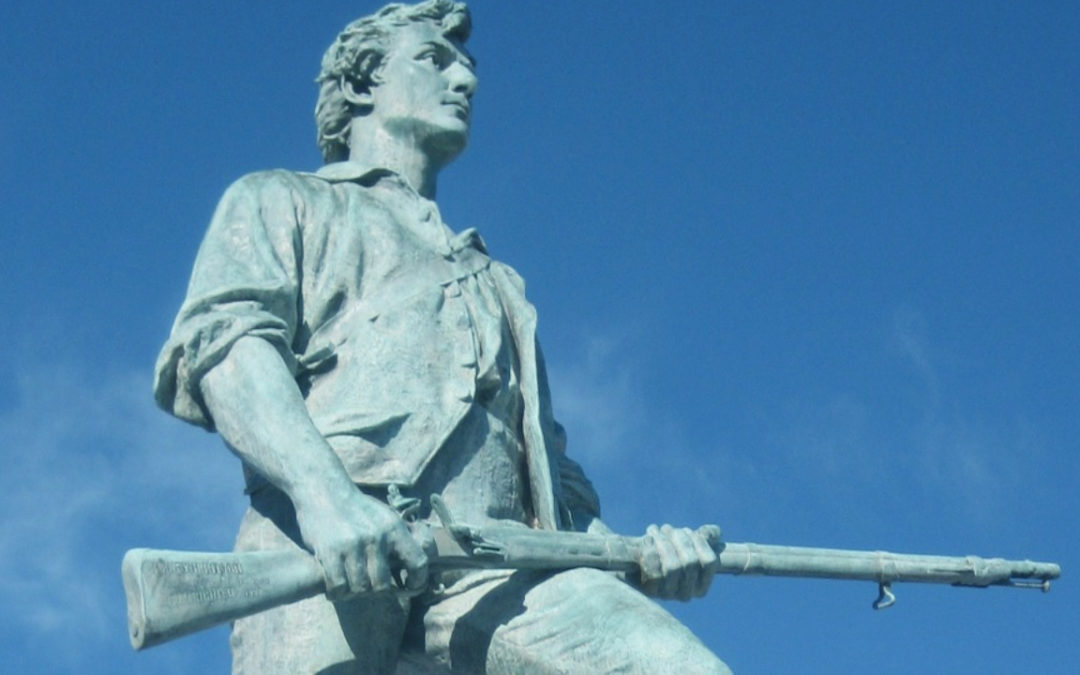
West Virginia Bill Would Block Unconstitutional National Guard Deployments
A bill introduced in the West Virginia House would prohibit unconstitutional foreign deployments of the state’s national guard troops, effectively restoring the Founders’ framework for state-federal balance on the Guard. House Bill 2732 (HB2732), the Defend the Guard...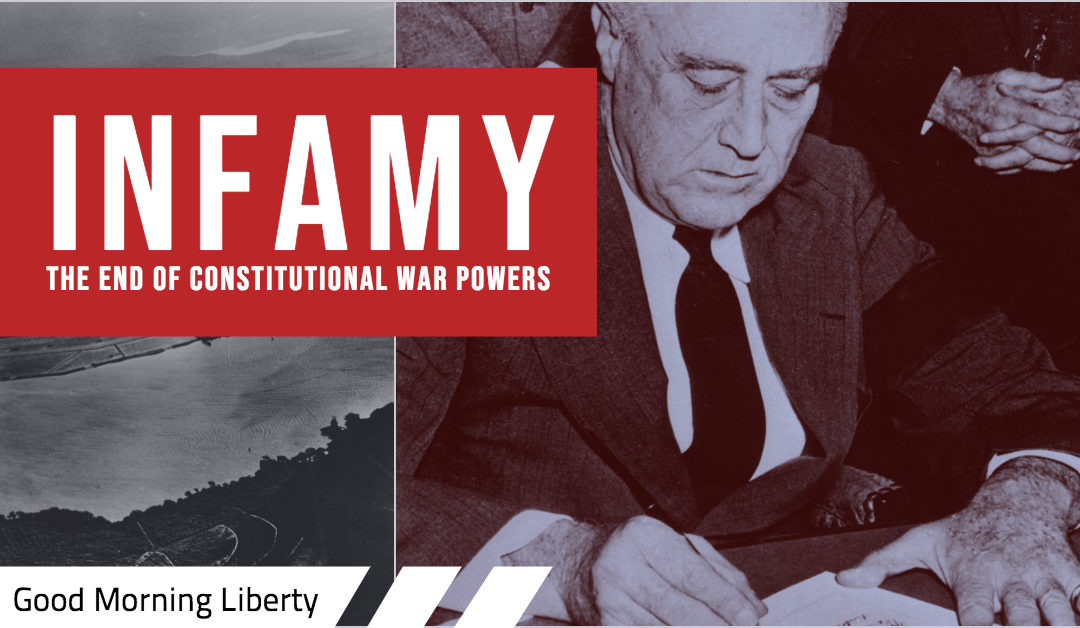
Infamy: The Beginning of the End of Constitutional War Powers. Good Morning Liberty 12-07-18
Most people are aware of the historical significance of Dec 7, 1941 – “Pearl Harbor Day” – but few are aware of the importance of the day after. On today’s Good Morning liberty, host Michael Boldin (follow) discusses the Constitution and war powers. On Dec. 8,...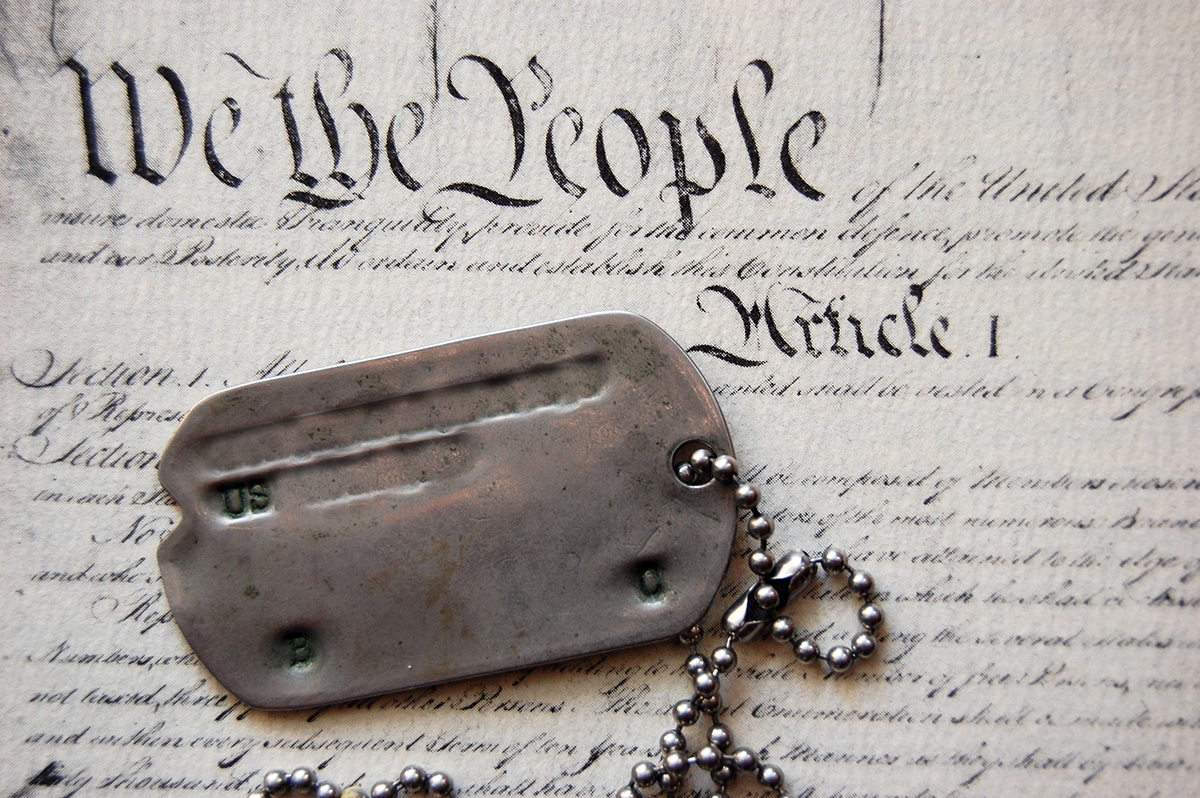
War Powers: The Difference Between a Declaration of War and an AUMF
An Authorization to Use Military Force (AUMF) is not the same as a declaration of war. An AUMF is the Congress abdicating its power and allowing the president to usurp it. More importantly, it allows the president to start a war. The declaration of war power does not...